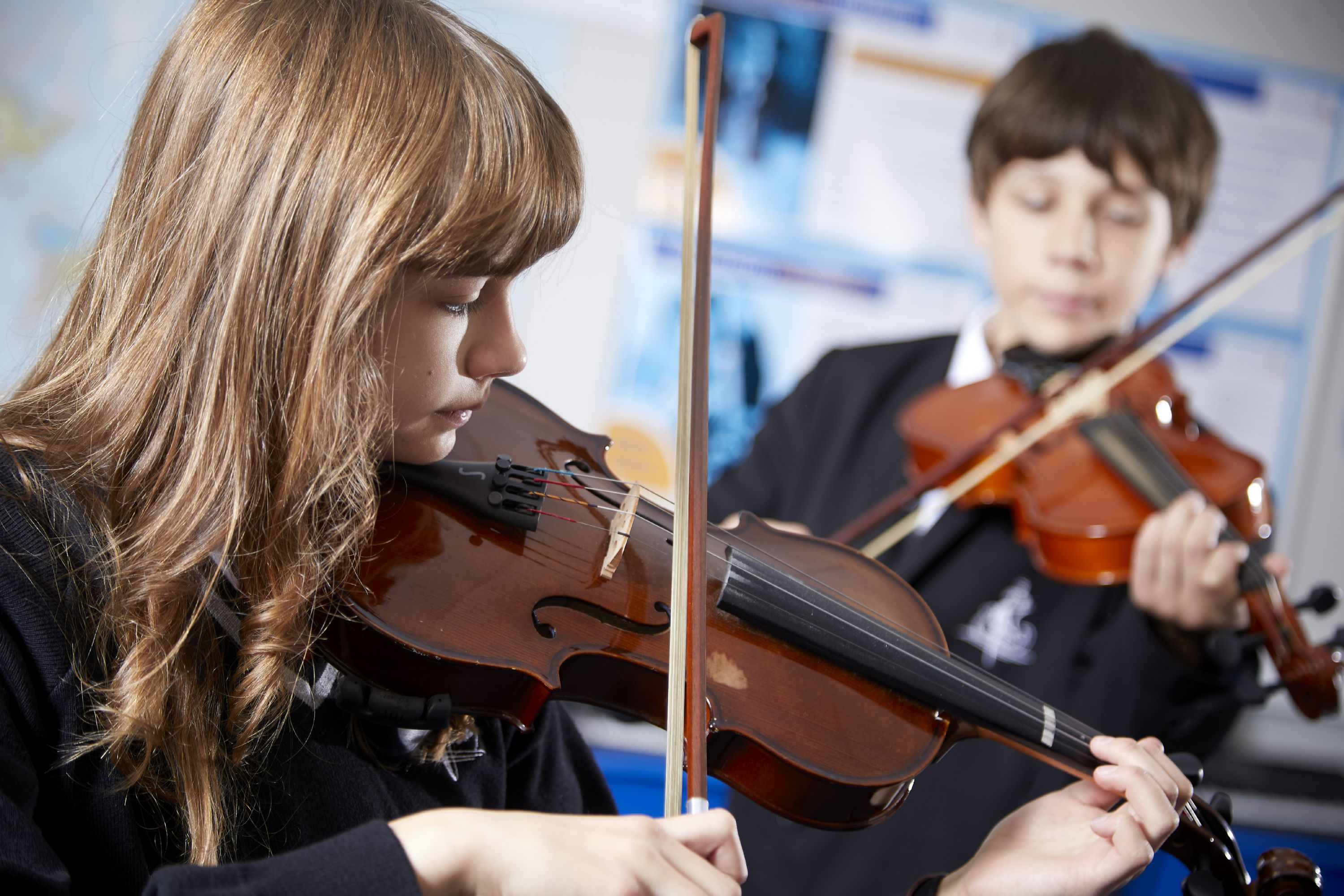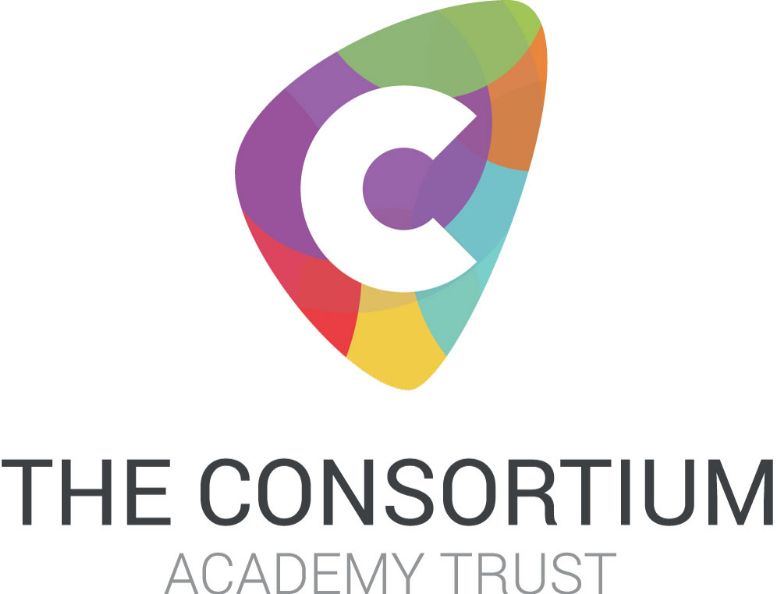Following the Prime Minister's announcement on 04.01.20, the school will be closed to all students, only open to Vulnerable students and students of Keyworkers.
If you are a Keyworker and you wish your child/ren to return from 7 January, please complete the Keyworker form below and email to office@cottinghamhigh.net asap.
Students can access online work through TEAMS, for more information about the online provision, please see information below.
If you have any ICT issues, please email: parentict@consortiumtrust.co.uk.
Parents will be contacted when FSM vouchers have been received and ready to be distributed.
Students scheduled to take exams in January will still take place. Info will be emailed to you regarding this.
If you have any other queries, please contact the school via Schoolcomms or office@cottinghamhigh.net
Please continue to take care and stay safe!
Remote online education provision: Information for parents
This information is intended to provide clarity and transparency to pupils and parents or carers about what to expect from remote education where national or local restrictions require entire cohorts (or bubbles) to remain at home.
For details of what to expect where individual pupils are self-isolating, please see the final section of this page.
The remote curriculum: what is taught to pupils at home
A pupil’s first day or two of being educated remotely might look different from our standard approach, while we take all necessary actions to prepare for a longer period of remote teaching.
What should my child expect from immediate remote education in the first day or two of pupils being sent home?
Student’s learning will continue through Microsoft Teams. In the immediate term this will comprise of tasks set by teachers through their class team, to correspond with their timetable. In some cases live lessons may be scheduled by teachers. Students should check their Teams or Outlook calendar for information on this.
Guidance on how to access Teams is listed on page 3 of this document.
|
Following the first few days of remote education, will my child be taught broadly the same curriculum as they would if they were in school?
- Students will follow their timetabled curriculum, so please check your/your child’s planner for this. They will have a blended remote learning diet of live “virtual” lessons, and lessons where independent tasks are set to complete and submit, with teachers being available online to field questions through email or chat function. Lessons and tasks will be hosted in the class team for that subject.
- To allow flexibility for teachers to adapt and modify teaching in response to progress made on a lesson by lesson basis, live lessons will be scheduled 24 hours in advance, so that students can plan their daily schedule effectively.
- For the majority of subjects, students will follow a curriculum that mirrors that in school. In some subjects, such as PE and Performing Arts, adjustments have been made to enable the subject to be studied in isolation.
|
Remote teaching and study time each day
How long can I expect work set by the school to take my child each day?
We expect that remote education (including remote teaching and independent work) will take pupils broadly the following number of hours each day:
|
It is now a compulsory expectation that students in Key Stage 3-5 have 5 hours of remote learning provision a day.
By delivering the equivalent of a conventional timetable we aim to fulfil that expectation.
|
Accessing remote education
How will my child access any online remote education you are providing?
If my child does not have digital or online access at home, how will you support them to access remote education?
We recognise that some pupils may not have suitable online access at home. We take the following approaches to support those pupils to access remote education:
- It is our desire to ensure that all students are able to get online, to access a quality remote learning experience using Microsoft Teams
- The school has a limited number of laptops available for students who do not have a Teams-compatible device at home. These are prioritised for disadvantaged households but we will endeavour to support all students to get online and access lessons
- For students who have limited internet access we can also provide 4G wifi dongles to support them to get online.
- Should access be an issue, we would encourage parents/carers to contact the school by phone or email parentict@cottinghamhigh.net or their Head of Year.
- In exceptional circumstances, we will provide paper based tasks for students, but will exhaust all other approaches to getting online before doing this.
- Please note that students can access Teams from an internet-enabled games console. Details for doing this are provided here Cottingham High School - Instructions how to access Microsoft 365 emails and TEAMS via your games console
|
How will my child be taught remotely?
We use a combination of the following approaches to teach pupils remotely:
The method of teaching online is flexible and varied to ensure that students do not become disengaged with one form of delivery, and also to ensure that the pressures of planning and delivering live lessons for teachers is manageable.
Therefore remote teaching will take the form of;
- Live lessons calendared and led by your child’s teacher. The proportion of these will vary from subject to subject, but on average 60-70% of lessons will be held live. These lessons are reduced to 50 mins to allow transfer time between live lessons, and allow a short screen/comfort break between lessons.
- Pre-recorded tutorials, with associated tasks. These may be produced by teachers and shared through Teams, or through using secondary sources including the Oak National Academy, and Hegarty Maths. In these instances lessons will be chosen that fit the scheme of learning for the subject.
- Directed independent tasks corresponding to certain lessons, with key pieces to be submitted for assessment and feedback. A balance of this approach with the two above is expected so that students are not subject to entire days spent in front of screens.
- In practical subjects such as Art and Technology, long-term project work will allow students to demonstrate progress in their work over time, and teachers will expect photographic evidence of work to be submitted at regular intervals for feedback
|
Engagement and feedback
What are your expectations for my child’s engagement and the support that we as parents and carers should provide at home?
- The school is endeavoring to replicate as best as possible, a conventional curriculum. It is therefore our expectation that students engage with this during school hours (9.10-15.00) as they would do if they were present in person.
- We ask that you support your child where possible to do so by keeping them in a routine which enables them to log in and start lessons on time, make appropriate use of break and lunchtimes, and support them to ask for help online should they need it.
- We also request that you encourage good habits for maintaining attention, by providing appropriate working environments with little distraction for your child wherever possible.
|
How will you check whether my child is engaging with their work and how will I be informed if there are concerns?
- Attendance to live lessons is monitored every lesson, and absence recorded. Where absence from a series of lessons is noted, parents/carers will be contacted in the first instance via email or text, and identify the lessons missed. Each live lesson is recorded so that students can access the lesson should they miss it or lose connection.
- We would ask that parents contact the school if your child is going to be absent from online learning as they would do under normal circumstances.
- Where there is continued absence from live lessons the Head of Year will contact parents to establish the reason(s) for this and enable a solution.
- Teachers will monitor engagement through interactive assessment for learning in live lessons, and by monitoring the completion and submission of tasks set. If a student does not show evidence of engagement then teachers, tutors and pastoral staff will contact home.
|
How will you assess my child’s work and progress?
Feedback can take many forms and may not always mean extensive written comments for individual children. For example, whole-class feedback or quizzes marked automatically via digital platforms are also valid and effective methods, amongst many others. Our approach to feeding back on pupil work is as follows:
Different subjects and teachers will each use approaches that are appropriate to their subject, and as teacher’s experience grows their will be refinements and additions to these approaches.
- Live lessons allow immediate feedback. Teachers will review responses given verbally and via the chat function to give verbal feedback and shape learning. The more your child engages with questions set and responded to via chat, the more frequently they will receive feedback.
- Low-stakes quizzing will be used through Teams, Microsoft Forms and other online sites that will allow teachers to assess and address misconceptions.
- More significant written pieces will be collected through email or using the assignment function on Teams. Teachers will review these more significant pieces of work and supply written feedback and assign Next Steps. This may take the form of improvement of that piece, or to apply the information to further problems.
- Some subjects have converted their classroom based assessments to online tests using Microsoft Forms. This will enable progress in knowledge and understanding to be assessed and Next Steps identified.
- In the classroom it is expected that students are formatively assessed for their learning each lesson, and receive written feedback on a significant piece of work approximately every 6 lessons. This should be mirrored in remote learning.
|
Additional support for pupils with particular needs
How will you work with me to help my child who needs additional support from adults at home to access remote education?
We recognise that some pupils, for example some pupils with special educational needs and disabilities (SEND), may not be able to access remote education without support from adults at home. We acknowledge the difficulties this may place on families, and we will work with parents and carers to support those pupils in the following ways:
- Students who have an EHCP or who are unable to access work independently will be offered a place in school to access their learning in small groups, supported by our learning support team.
- Students who have an EHCP or higher levels of additional need will be allocated a key worker. They will check-in with the family and student regularly to offer academic support and monitor the student's progress as well as their emotional wellbeing.
- Students who have declined a place in school but are still struggling to access remote provision will be supported by the SENCO and their keyworker and where applicable reasonable adjustments will be made.
- Teachers delivering virtual lessons know their students very well and will make similar adaptations to delivery to those normally made in the classroom wherever possible.
- Students with additional needs are able to loan ICT equipment from school where available to support them accessing lessons.
|
Remote education for self-isolating pupils
Where individual pupils need to self-isolate but the majority of their peer group remains in school, how remote education is provided will likely differ from the approach for whole groups. This is due to the challenges of teaching pupils both at home and in school.
If my child is not in school because they are self-isolating, how will their remote education differ from the approaches described above?
- If your child is isolating independently while the rest of their peers are in school, work which is appropriate to the learning in school will be set through the Independent Learning team for their year group.
- In this team, subject leaders will provide materials on a fortnightly basis that equate to the learning occurring in class.
- Your child should make use of email or the chat function in Microsoft Teams to communicate with their teacher, submit work and receive feedback.
- In some cases, where a significant number of students in a class are absent due to self-isolation, teachers may choose broadcast their lesson via Teams and share work through their class team.
- If your child is invited to attend a lesson streamed from school, this will appear in their calendar in the same way as a whole bubble or school closure. In this instance it is essential that your child attends with their microphone muted, and uses the chat and “raise your hand” function to interact with the class teacher.
|




